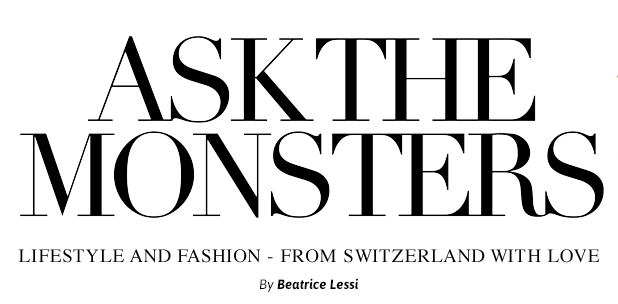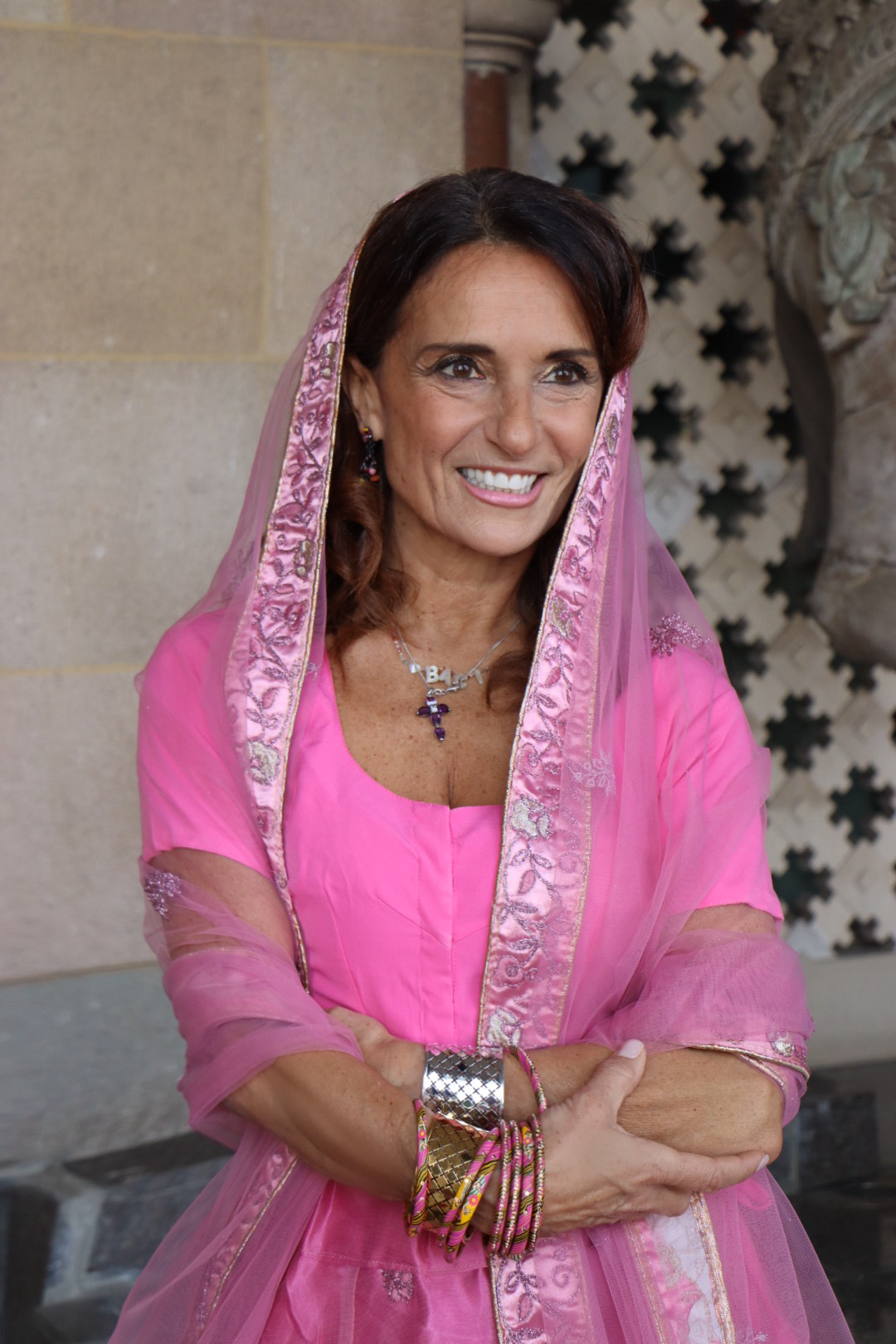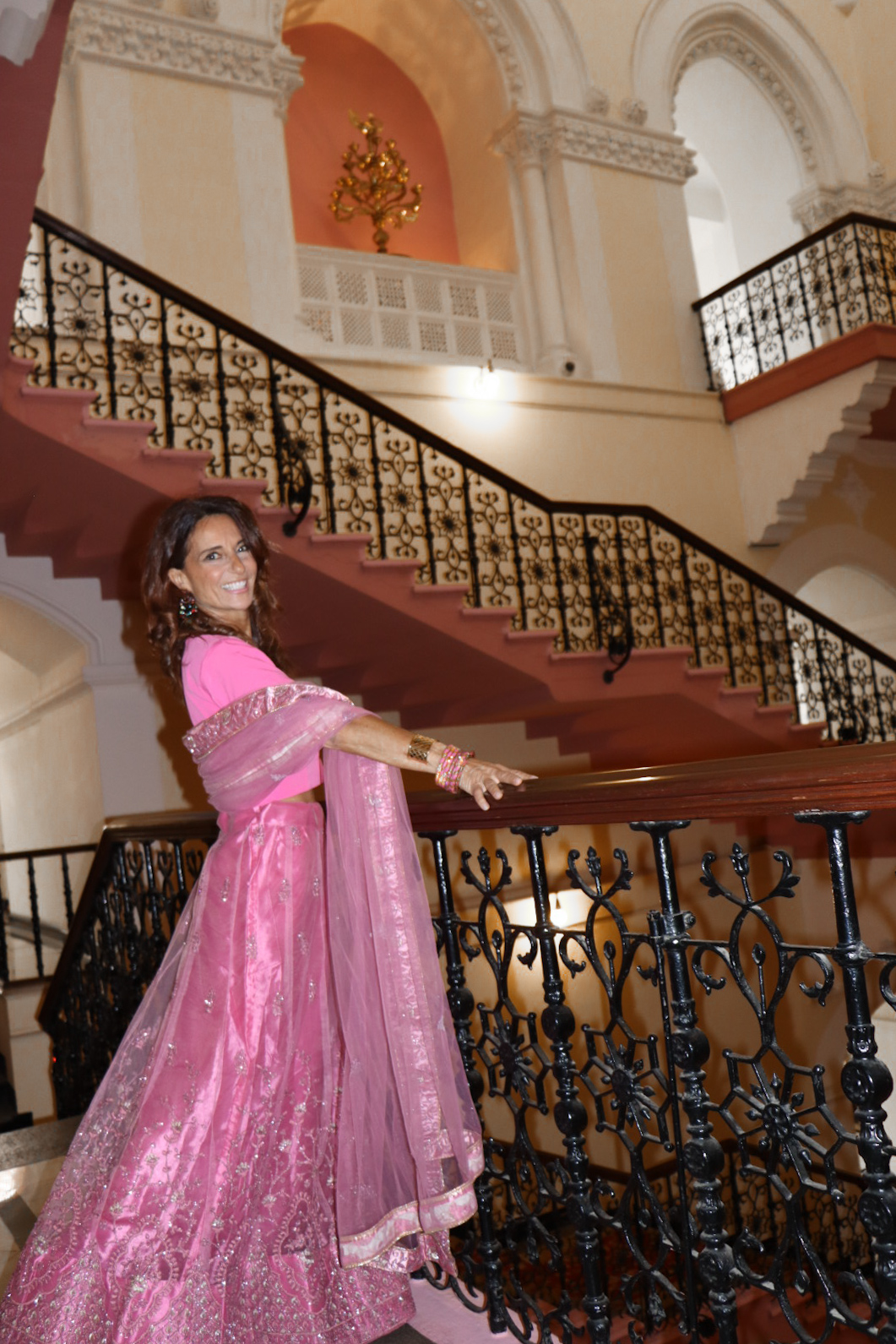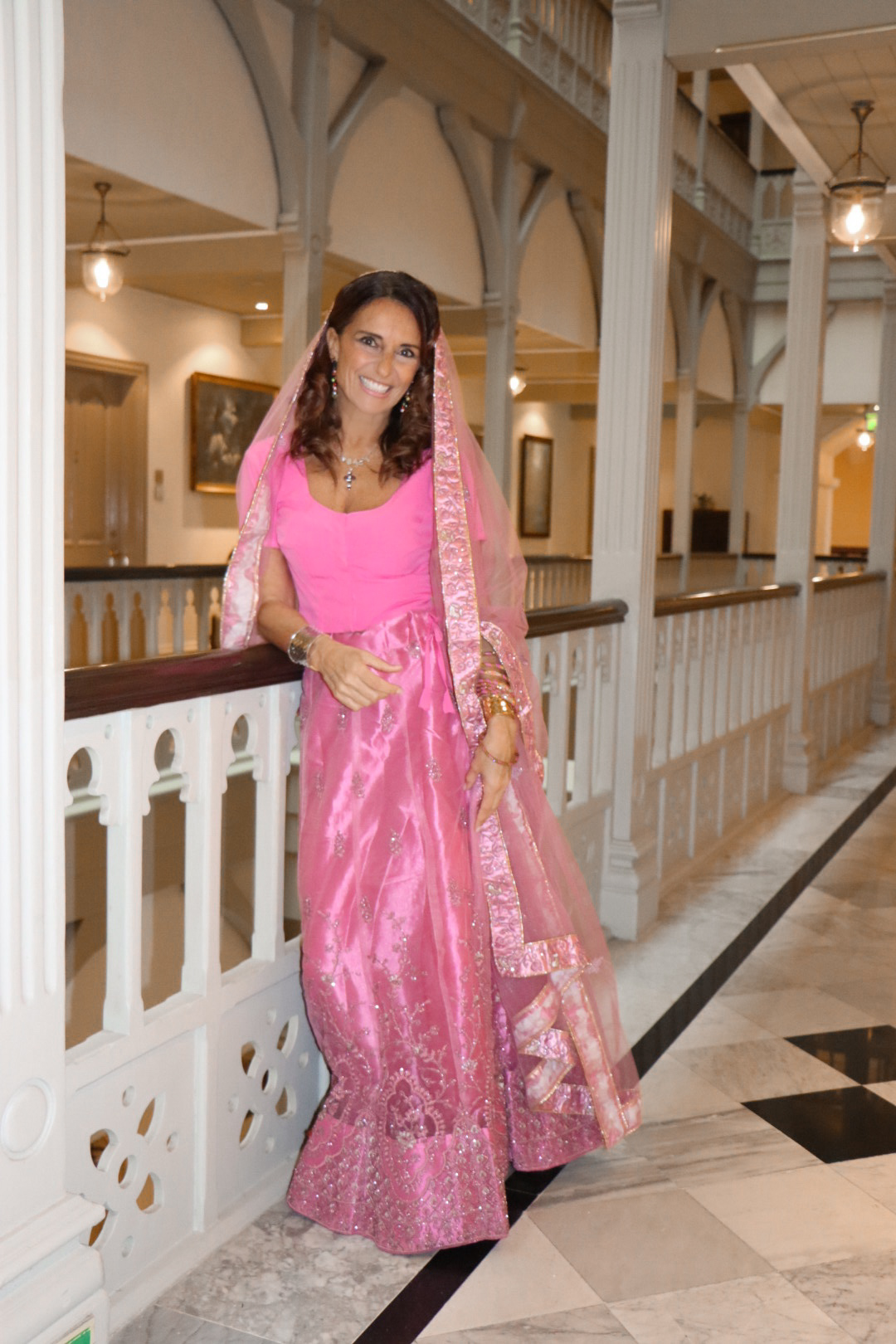Arranged marriages – what I didn’t understand, and why it works
With love marriages, you are given a hot plate that is becoming cold with time. With arranged marriages, instead, we are given a cold dish, and we warm it up as the marriage goes on,
an Indian friend told me, during my recent trip to India. Is this the reason why arranged marriages seem to work so well?
Let’s start with some numbers
There are 8 million people in Switzerland, and 22 million in Mumbai only. 1.46 billion people live in India. These differences are already mind blowing. But there’s more: Indians have a divorce rate between 1 and 3 %.
Considering that about 88.4% of marriages in India are arranged, this would mean that roughly 1.29 billion people in India are married through arranged marriages. And that more than 1 billion people stay married.
Does that mean that their system is better than ours?
More about this tradition
Arranged marriages remain deeply rooted in Indian culture, with families playing a significant role in finding suitable partners based on factors like religion, caste, and social status.
I asked almost everybody I met in India and spent some time with: was your marriage arranged by your parents, and how did that go? To younger people, I asked if they prefer to get married by love, or via the family. They all answered they expect and prefer an arranged marriage.
One guy told me that his cousins had met 99 women, before deciding for his current wife. They were all proposed by his parents, who found them working together with a middle person, a broker. This person was also in charge of saying no after the meeting. That way, there would be no embarrassment.
A woman who never got married told me she was presented at least 25 men and couldn’t imagine herself with a single one of them. That gave her a lot of problems and criticism from her community and family, but she decided to refuse marriage. It wasn’t easy, she told me. When, years after, she started to have a good career in the travel industry, was able to give flight tickets to many people, and gained respect again – it was finally accepted that she was single. It took her a long time and heartbrake.
A man who lives in Mumbai and studied in Harvard told me he’s very happy with his wife of 20 years. I’ts an arranged marriage too. He never asked her and never will ask how many men were proposed to her before him, he thinks this should be kept private, especially in the case of the woman. He also had a girlfriend in America while he studied at Harvard, but that was never a serious relationship. That surprised me: yes, the marriage is arranged, but that doesn’t mean that people don’t have experiences. Men at least, of course.
The meeting to find a partner usually happens in a neutral location, a restaurant or coffee shop, and is joined by a family member. There is no contact between the potential bride and groom, and if they decide to proceed with the engagement, they will never be left alone. This is normally respected. The price to pay for having sex before the marriage would be too high to pay: complete refusal from the community and from the family.
Misconceptions and Realities
One major misconception I had was that arranged marriages equated to forced marriages. In reality, the two are quite distinct. While forced marriages occur without the consent of one or both parties, arranged marriages involve the families’ active role in finding a suitable partner, but ultimately, the choice rests with the individuals involved.
The Process
The process often begins with families identifying potential matches based on compatibility factors like education, social status, religion, and values. It’s like a meticulous matchmaking service, grounded in the belief that families know their children best. Once potential matches are identified, the families arrange meetings or courtship periods where the couple can get to know each other.
Cultural Nuances
In some cultures, the couple’s consent is paramount, and they have the final say. In others, the emphasis is on familial harmony and respect for elders’ wisdom. It’s fascinating to see how the tradition adapts to modern values, with many arranged marriages now incorporating elements of dating and mutual consent.
The Strengths
Arranged marriages can offer stability and support systems, as both families are invested in the couple’s success. This network can be a strong foundation, helping the couple navigate challenges together. Moreover, arranged marriages often come with a deep understanding of each other’s backgrounds, reducing some of the uncertainties that come with romantic relationships.
However, in my opinion, they keep very similar people together and don’t allow diversity.
What I Learned
What I didn’t understand about arranged marriages was how they balance tradition and modernity. They aren’t about relinquishing control or romantic love; instead, they blend family involvement with personal choice. For many, it’s a way to honor cultural heritage while still finding a partner who aligns with their values and aspirations.
So, the next time you hear about an arranged marriage, it might be worth exploring the nuances behind it. You might find, as I did, that they are more about collaboration and mutual respect than outdated customs.
My beautiful dress is a Lehenga, a festive dress I had custom-made in India in one day, for about 100 $. It would be suitable to wear it as a wedding guest.










